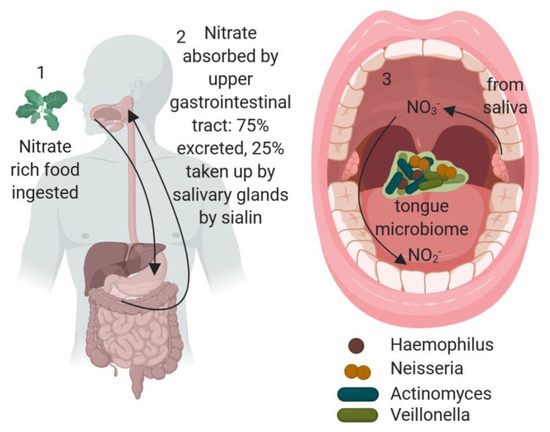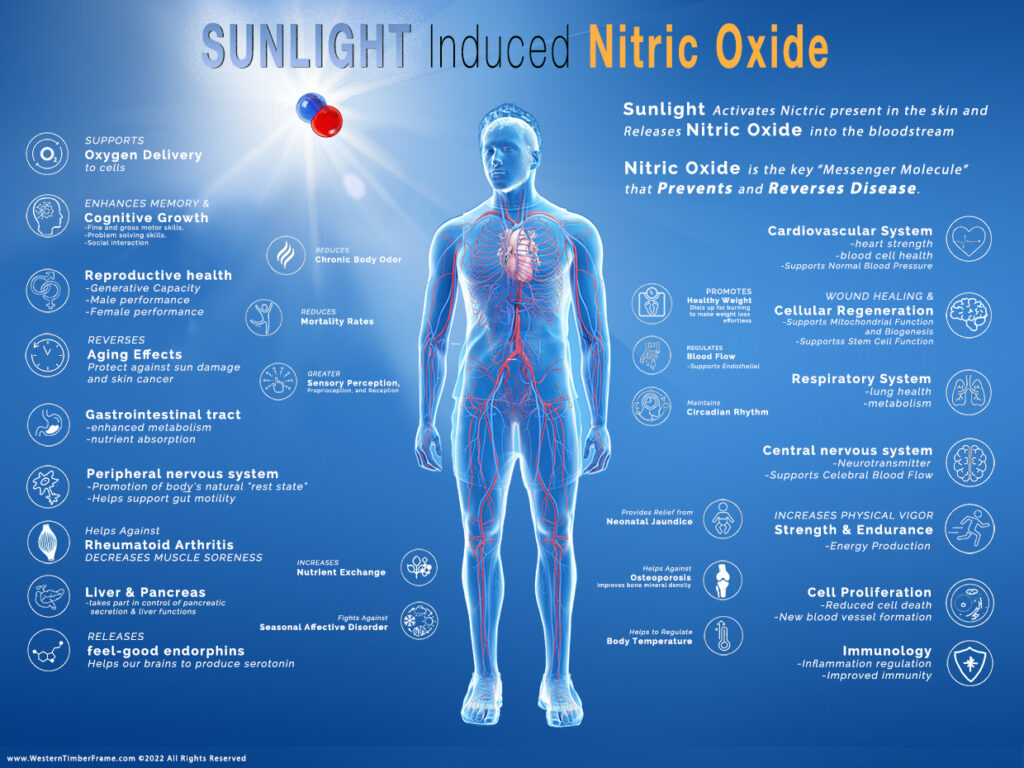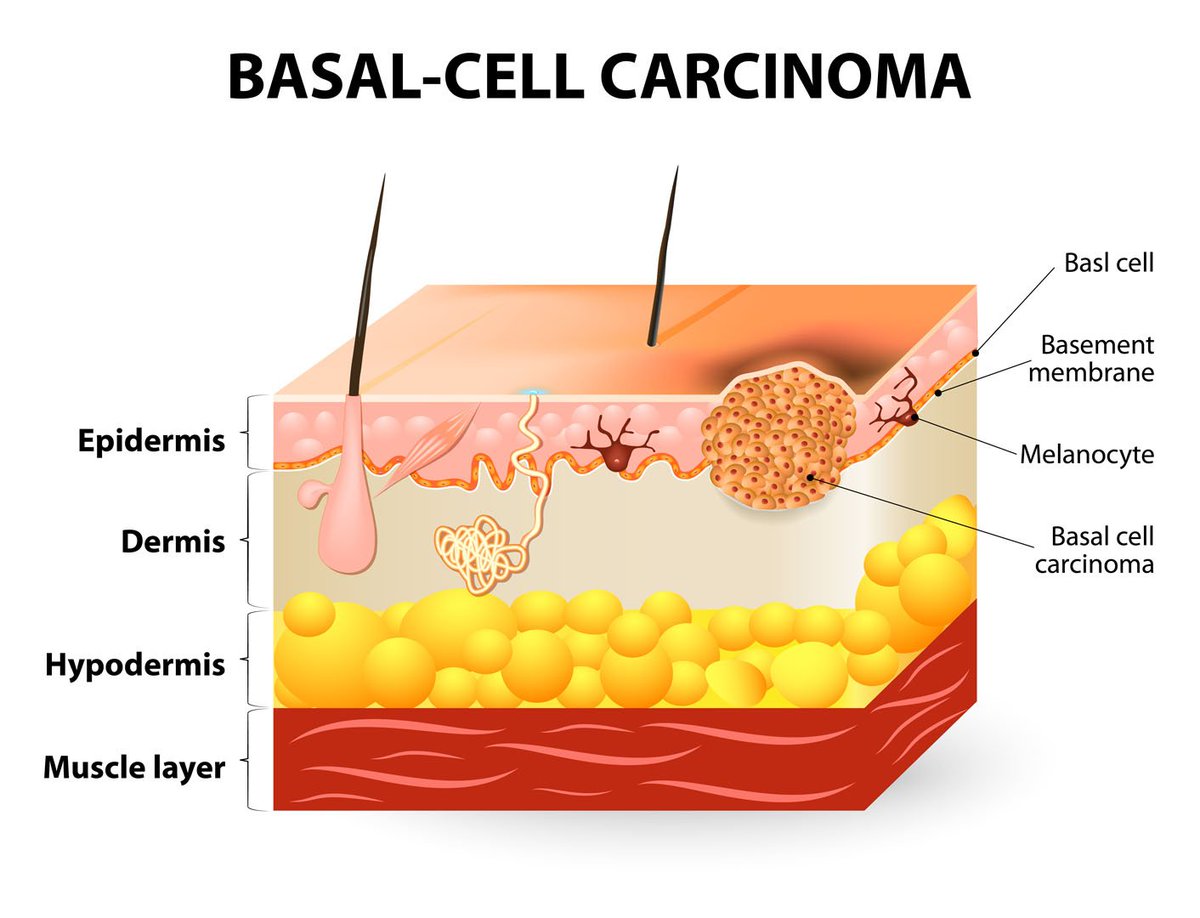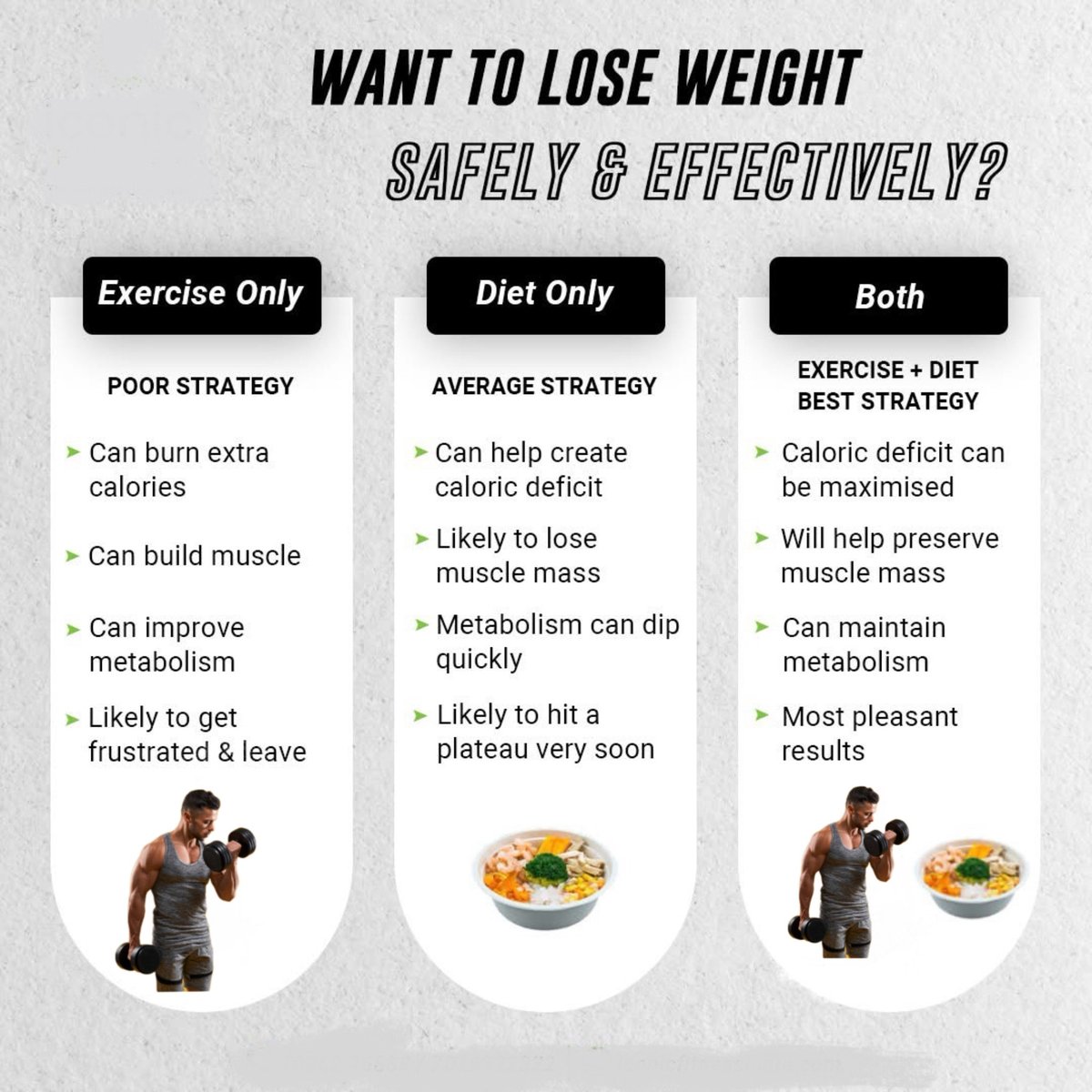Your brain is starving for this ONE nutrient.
It's not a vitamin, mineral, or protein.
It's a natural substance that slows aging in adults and transforms newborns' brain development forever.
Here's what it is (& how to get enough of it naturally): 🧵
It's not a vitamin, mineral, or protein.
It's a natural substance that slows aging in adults and transforms newborns' brain development forever.
Here's what it is (& how to get enough of it naturally): 🧵
It’s called Nitric Oxide (NO).
Your body makes it every day.
NO widens blood vessels and fuels cellular energy.
But by age 40, your levels drop by over 50%, which means:
• Less brain oxygen
• Slower energy
• Weaker blood flow
• Higher risk of disease

Your body makes it every day.
NO widens blood vessels and fuels cellular energy.
But by age 40, your levels drop by over 50%, which means:
• Less brain oxygen
• Slower energy
• Weaker blood flow
• Higher risk of disease

Newborns without enough NO can suffer permanent brain damage.
In hospitals, doctors give nitric oxide gas to save babies who can’t breathe.
In adults, it powers neuroplasticity (the ability to learn, adapt, and grow).
Your brain alone uses 20% of your body’s oxygen.
In hospitals, doctors give nitric oxide gas to save babies who can’t breathe.
In adults, it powers neuroplasticity (the ability to learn, adapt, and grow).
Your brain alone uses 20% of your body’s oxygen.

If you want ONE all-in-one natural ingredient solution for Nitric oxide production, try this:
It's a game changer for me at 40.
lvnta.com/lv_Te8mZBQFxPu…
It's a game changer for me at 40.
lvnta.com/lv_Te8mZBQFxPu…
Fix #1: Eat nitrate-rich foods
These are nitric oxide precursors:
• Beets (beet juice works too)
• Dark leafy greens (arugula, spinach)
• Pomegranate
• Celery
• Watermelon (high in citrulline)
These help your body make NO naturally.
These are nitric oxide precursors:
• Beets (beet juice works too)
• Dark leafy greens (arugula, spinach)
• Pomegranate
• Celery
• Watermelon (high in citrulline)
These help your body make NO naturally.

Fix #2: Your body needs bacteria in your mouth to convert nitrates from food into NO.
Avoid:
• Sugar (slows your NO enzymes)
• Mouthwash (kills bacteria in the mouth)
• Mouth breathing (stops production in the sinuses)
Your body can't make nitric oxide alone.

Avoid:
• Sugar (slows your NO enzymes)
• Mouthwash (kills bacteria in the mouth)
• Mouth breathing (stops production in the sinuses)
Your body can't make nitric oxide alone.


Fix #3: Nasal breathing and sunlight
• Nasal breathing activates nitric oxide in sinuses
• Sunlight (UVB) stimulates nitric oxide in skin
• Even 15 mins of morning sun helps
• Try grounding while sunbathing for added benefit

• Nasal breathing activates nitric oxide in sinuses
• Sunlight (UVB) stimulates nitric oxide in skin
• Even 15 mins of morning sun helps
• Try grounding while sunbathing for added benefit


Fix #4: Exercise (resistance training)
• Lifting weights increases endothelial nitric oxide
• HIIT and cardio also help
• Movement keeps blood vessels healthy
• Even walking boosts NO
Sedentary life leads to nitric oxide deficiency.
• Lifting weights increases endothelial nitric oxide
• HIIT and cardio also help
• Movement keeps blood vessels healthy
• Even walking boosts NO
Sedentary life leads to nitric oxide deficiency.
Over 50% of people with high blood pressure don’t respond to medication.
Because the meds don’t fix the root cause:
Nitric oxide deficiency.
Without enough nitric oxide, your blood vessels can’t relax, which keeps your pressure high, no matter how many pills you take:
Because the meds don’t fix the root cause:
Nitric oxide deficiency.
Without enough nitric oxide, your blood vessels can’t relax, which keeps your pressure high, no matter how many pills you take:
In 1998, 3 U.S. scientists won the Nobel Prize.
One of them told Dr. Nathan Bryan:
“If we can restore Nitric Oxide production, it’ll change the world.”
25 years of research later, he’s still proving it true.
One of them told Dr. Nathan Bryan:
“If we can restore Nitric Oxide production, it’ll change the world.”
25 years of research later, he’s still proving it true.

If you're looking for Nitric Oxide production, this is the best one I've found:
This has been the best investment for me at 40.
lvnta.com/lv_Te8mZBQFxPu…
This has been the best investment for me at 40.
lvnta.com/lv_Te8mZBQFxPu…
This 7-day course shows you how to fix nagging age problems and feel like 19 again👇
FeelLike19.com
FeelLike19.com
• • •
Missing some Tweet in this thread? You can try to
force a refresh








